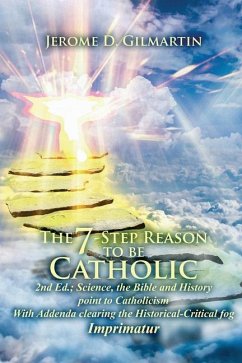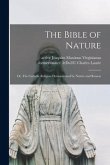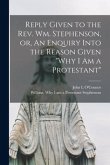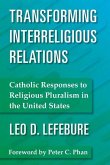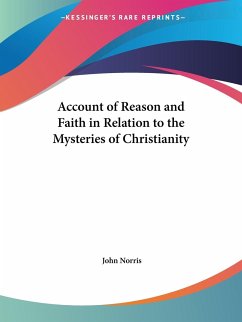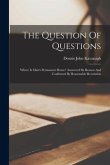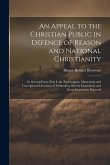Before Vatican II Catholic faith and practice were strong, rooted in the Gospels, their authenticity and sequence affirmed by Irenaeus. He was taught by Polycarp who was martyred rather than deny what he had learned about Christ from the apostles, in particular John. (Adv. Haer. III, I, 1). Since Vatican II, however, Catholic seminaries and universities have promoted an ahistorical "Markan Priority" theory that, at this writing, indefensibly deems it "untenable" that apostle Matthew wrote The Gospel according to Matthew and reduces all four Gospels to probable unwitnessed hearsay: usccb.org/bible/matthew/0, mark/0, luke/0, john/0, last paragraphs - uncertainty that may explain why few homilies now include the "hard sayings" of Jesus upon which salvation may well depend. The key claim of this theory is that because "You are Peter ..." (Mt 16:18-19) is not in Mark (8:27-30), Jesus never gave primacy to Peter. But Irenaeus wrote, "Mark, the disciple and interpreter of Peter, did also hand down to us in writing what had been preached by Peter." (Adv. Haer. III, I, 1). With Nero's agents listening, Peter would not have ended his ministry by proclaiming a "kingdom" to which he held the Keys. Sulpician Father Raymond E. Brown championed this Markan Priority Two-Source Hypothesis that reduces the Gospels to unwitnessed hearsay. In the Index of his last book - 878-page An Introduction to the New Testament (1997) and at least four others - "Irenaeus" is not found. Fr. Brown also dismissed the Early Church Fathers: "unless those writers had historical information they cannot answer historical questions." (Biblical Exegesis and Church Doctrine, 1985, 20). With the Imprimatur of Most Rev. Joseph F. Martino, then Bishop of the Scranton Diocese, Censor Librorum of Rev. Charles P. Connor, well-known to EWTN viewers and in full accord with the Catechism of the Catholic Church, Catholic parents will find in this book an easy way to help their children, who lost their faith in college, recognize the treasure that awaits them upon their return. With discussion questions after each chapter, detailed Index, brief commentary on other major faiths, the 7-Step Outline in English with translations in Spanish, French, German, Russian, Portuguese, Chinese, Arabic, Hindi, Indonesian, Bengali, Tamil, Telugu, and Addenda clearing the historical-critical fog that hinders return to Catholic orthodoxy, The 7-Step Reason to be Catholic, 2nd Ed., republished, is well-suited for Catholic instruction.
Bitte wählen Sie Ihr Anliegen aus.
Rechnungen
Retourenschein anfordern
Bestellstatus
Storno

